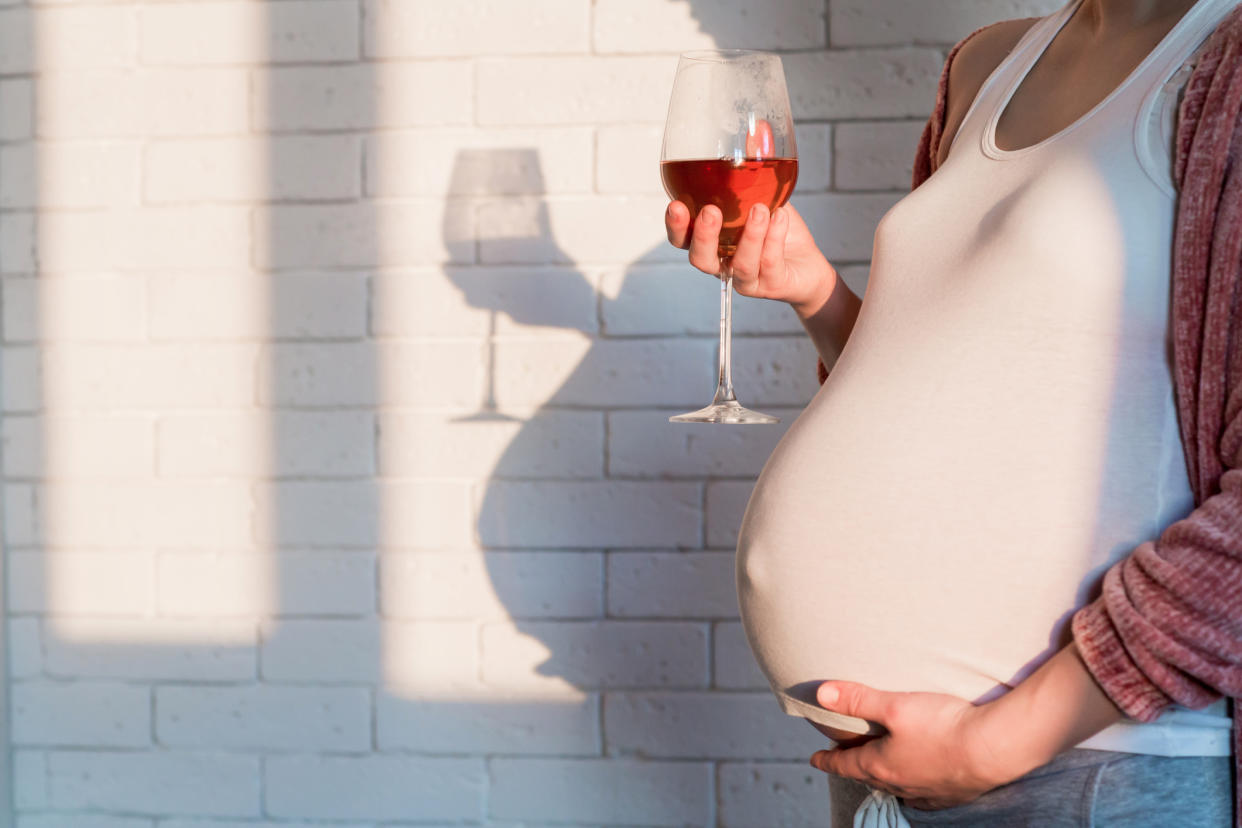Over a quarter of 18-25 year olds are unaware women should avoid alcohol during pregnancy

A quarter of adults aged between 18 and 25 are unaware that women should not drink alcohol during pregnancy, new research has revealed.
The survey, of 2,000, 18-25 year-olds found that more than a quarter (26%) do not know the chief medical officer’s guidance that if pregnant or planning a pregnancy, the safest approach is to avoid alcohol.
Just 17% of the young adults polled correctly identified alcohol exposure in utero as having more long-term harm to a baby than other substances, such as heroin, crack cocaine and smoking.
Almost half (49%) of those polled said they get information on alcohol in pregnancy from social media or a teacher had discussed it with them.
The study also found that only one in five (22%) could identify that the acronym FASD stands for Foetal Alcohol Spectrum Disorder - the lifelong, brain-based condition that can result from exposure to alcohol in the womb.
Read more: Celebrities who are pregnant or have given birth during lockdown
The research was carried out by Onepoll for the National Organisation for FASD, which is dedicated to supporting people affected by Foetal Alcohol Spectrum Disorders (FASD), their families and communities.
Commenting on the findings Sandra Butcher, chief executive, of the National Organisation for FASD, said: “Information is power. It is deeply concerning that so few young people are aware of the dangers.
“Alcohol exposure in pregnancy risks more life-long impact on a developing brain and body than heroin. FASD is preventable - no alcohol, no risk.”
Read more: Post-pandemic baby boom unlikely, study finds
According to the NHS foetal alcohol syndrome is a type of foetal alcohol spectrum disorder (FASD), the name for all the various problems that can affect children if their mother drinks alcohol in pregnancy.
The NHS says symptoms can include learning difficulties, impacted growth, issues with attention and distinctive facial features.
Studies have shown that FASD is more prevalent than autism, but it is widely misdiagnosed or undiagnosed.

Read more: Pregnant women are not at greater risk of severe coronavirus, research suggests
To highlight the dangers of drinking while pregnant, the National Organisation for FASD has launched a new website - www.preventFASD.info, which aims to provide information to help educate young adults about the risks.
“We hope schools and community groups will get behind this initiative,” Sandra Butcher continued.
“Young people need to know why this matters,” she said.
“Adults have missed the mark on this for so long, we believe once they have the facts the next generation will be the one to stop this preventable, hidden epidemic.”
Earlier this year research revealed drinking in pregnancy could put children at an increased risk of developing depression as teenagers.
The study, by the University of Bristol, used data from 14,541 pregnant mothers in the 1990s and is published in the journal Alcoholism: Clinical and Experimental Research.
Researchers analysed data from the mothers – 4,191 of whom had consumed alcohol between weeks 18 and 32 of pregnancy – and diagnoses of depression in their children at age 18.
Children whose mothers consumed alcohol at 18 weeks pregnant may have up to a 17% higher risk of depression at age 18 compared to those whose mothers did not drink, the study found.



